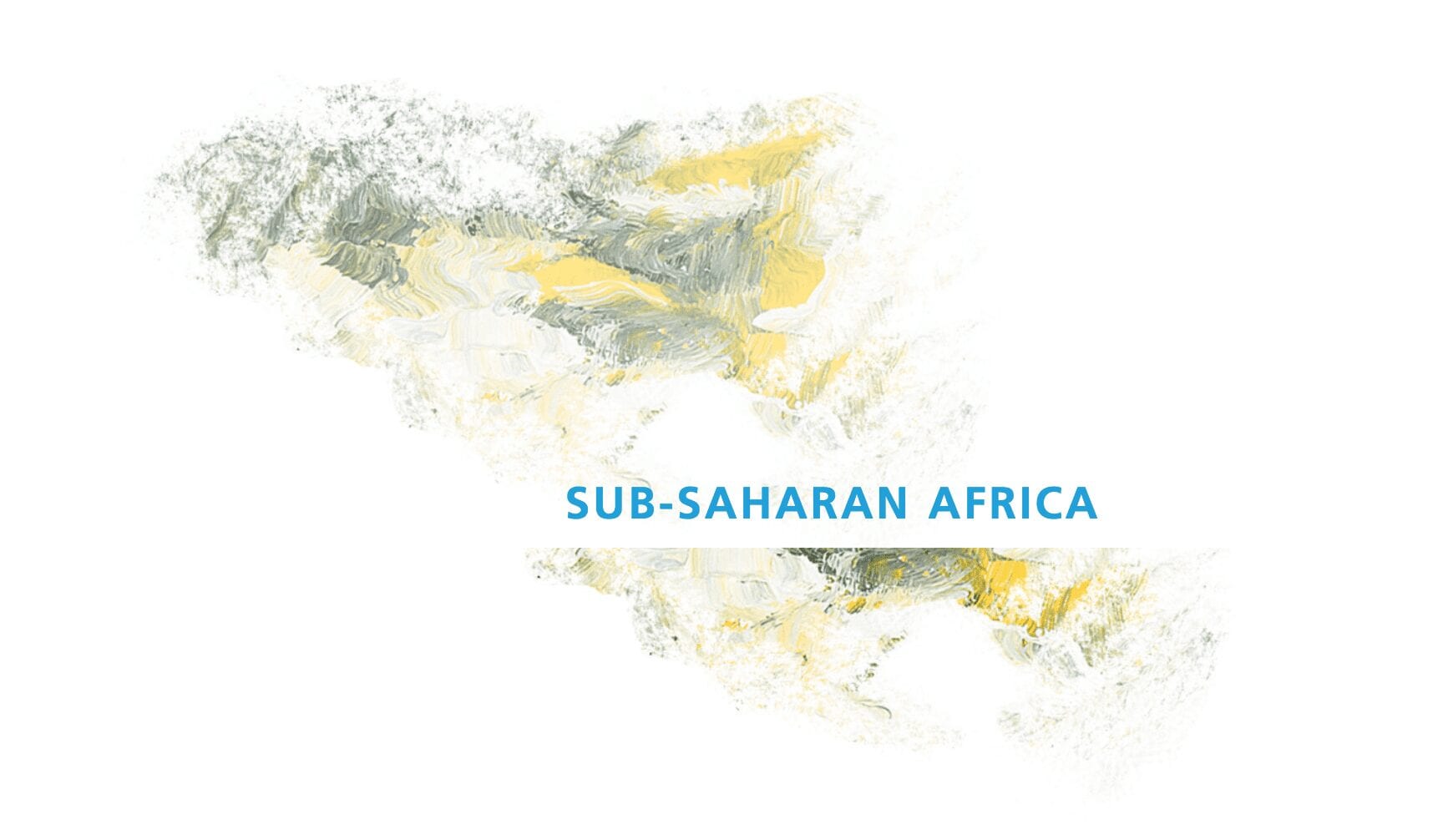
Part 8: What to Do if you Think your Teen has been Approached by a Pimp or Trafficker
This blog post is Part 8 of our Back-to-School Series on Human Trafficking. To read the previous blog, click here.
The idea that someone you know or even your own teen could have been contacted by a pimp or trafficker is terrifying. Chances are, this will never happen to your family, but if it does, you should know exactly what to do. In addition, all teens and parents should be trained, “If you see something or hear something, say something.” Adults who work with teens are mandatory reporters in instances of child abuse or neglect, including sexual exploitation of any kind, meaning that they are legally required to report when abuse is observed or suspected. If your teen has overheard something upsetting at school, or witnessed something suspicious, they should tell a trusted adult at school. Each teen will have their own level of trust and comfort with some favorite adult in their life. Teachers, counselors, school nurses, coaches, school resource officers, doctors, nurses and even police officers who work on campus are trained to know exactly what to do if they hear of an instance of abuse.

It is important that teens understand that real friends look out for each other. They should be taught to never try to handle the situation on their own. It’s simply too dangerous.
If someone is in immediate danger, call 911. Pimps and traffickers are often violent criminals, and any suspected contact with a teen or recruiting behavior should be treated as an emergency situation.
To report an incident or ask for help, you can always call the National Human Trafficking Resource Center (NHTRC) 1-888-3737-888 or text the Polaris BeFree Texting Helpline at “BeFree” (233733). This national human trafficking hotline is staffed round the clock and a real person will answer 24 hours a day, 7 days a week, every day of the year. They can alert authorities in your local area for you, in a non-emergency situation where you do not want to call 911. You can also submit a tip online www.traffickingresourcecenter.org.
All communication with the hotline is strictly confidential to the extent permitted by law, and they will not release any identifying information about a caller, including to law enforcement or service providers, unless the caller provides his/her explicit consent.
If you contact the hotline, you will not need to provide your name or any identifying details about your situation unless you are comfortable doing so The NHTRC will inform the appropriate authorities of situations that reference the suspected abuse of a minor, potential harm to you or others, or situations where the NHTRC is required by law to report.
You should have the phone number available or programmed into your cell phone, so you are always ready in case you actually do see something or hear something that you suspect could be human trafficking. Consider making a report together with your teen to show your support and teach how important it is to say something.
1-888-3737-888
Angelyn Bayless is the author of multiple training brochures on the topic of sex trafficking, including “How to Talk to Your Kids about Human Trafficking” and “Teen Sex Trafficking: Make a Difference by Understanding the Issue, Recognizing the Warning Signs and Knowing How to Seek Help.” She is Director of Communications for Arizona State University’s Office of Sex Trafficking Intervention Research and serves as the local coordinator of CEASE Phoenix Metro, one of 11 pioneering cities working to reduce demand for prostitution.
